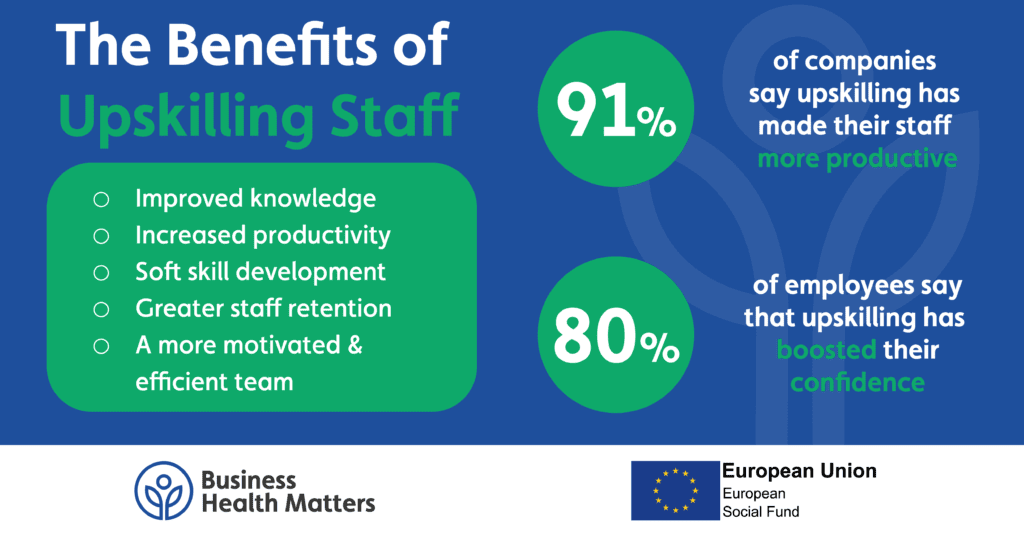How do you feel when things go wrong at work?
How do your employees react when a stressful situation arises?
Throughout our lives, we all face periods of high stress. In a work setting, this could be internal conflict, the loss of a major client or an extremely busy period. How do your employees react in these situations? Over three quarters (79%) of workers in the UK state they have experienced burnout, with increased work pressures and mental health challenges being the main causes for stress and fatigue.

Businesses are constantly looking for ways to support colleagues through stressful periods so that they can bounce back from challenges and remain in work.
Resilience is often defined as adapting well in the face of adversity, trauma, tragedy, threats or even significant sources of stress (American Psychological Association, 2014). This varies from person to person and it’s essential to remember we all have our own response to stressful situations. Other contributing factors can often affect our levels of mental resilience and it’s really important to be empathetic as a leader and consider the external influences when supporting your employees.
No one can be mentally tough all of the time, however as employers, you can provide the setting, policies and support to your team members so that they can develop their own mental resilience. The time spent fostering a more mentally-resilient team now pays off tenfold in the future, so we’re sharing four ways you can start to nurture employee resilience:
- Identify triggers – Each employee will have their own ‘triggers’ in the workplace. Ensuring that mistakes are not punished or discussed in a group setting can help stop the development of a trigger. For existing triggers, it’s a good idea to identify these and talk to employees about them, to create a plan of how to respond when triggers occur. Reframing triggering situations into challenges often helps employees see them as opportunities for growth, removing some elements of fear and the risk of a fight or flight response. Our partners at Lancashire Mind offer a wealth of training to help get started with this: https://www.businesshealthmatters.org.uk/projects/wellbeing-packages/
- Support systems – Each organisation is unique, however ensuring that there are supportive pathways in place for employees is essential in every business, especially in times of adversity. This can be ensuring that there is some form of HR support, internal or external, and a clear channel for colleagues to speak to HR staff. Introducing a ‘buddy’ scheme in the workplace can also provide a safe space for conversation and allow others to offer resolutions that an employee may not have thought of. A problem shared is a problem halved!
- Set SMART targets – By agreeing on clear, tangible and achievable targets, employees know what is expected of them in work and can break down their targets into smaller steps, which helps alleviate the risk of feeling overwhelmed. Regularly checking in with employees on their targets, at a rate that works for them, helps employees develop resilience as the smaller bumps along the way are worked through together, with your support.
- Physical health – encouraging employees to take care of themselves outside of the working environment is key to building healthier and more resilient teams. Introducing wellbeing breaks and outdoor activities (such as a lunchtime walking group or team activity) allows employees to take a break and come back with a focused, renewed energy to tackle their work. To help with this, why not encourage one of your employees to become a Workplace Health Champion for your business? Our free, ESF-funded training means you’ll have someone in the team who drive internal initiatives, encourage your staff to get active and help promote a healthier working environment.
If you’d like help getting started with your team’s wellbeing and learn more on how to build their mental resilience, we’d love to help.





